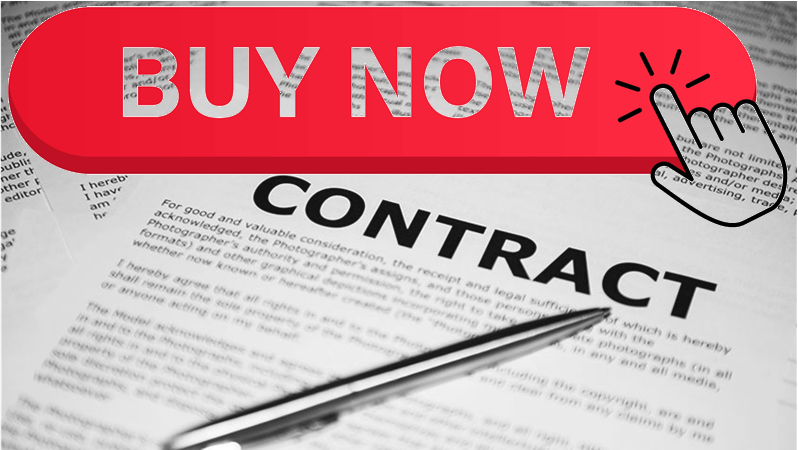Bankruptcy can be entered into either voluntarily or on application by a creditor. Approximately 90% of bankruptcies are entered into voluntarily by the individual declaring to the court that they do not have the means to pay off their debts. Whether or not entering into voluntary bankruptcy is the right decision for you depends on your unique circumstances.
How does voluntary bankruptcy work?
Debtor’s Petition & Statement of Affairs
You may choose to declare bankruptcy if you are insolvent and therefore unable to pay any remaining debts to creditor(s). To do so, bankruptcy can be declared through a debtor’s petition. This petition must also include a statement of affairs that sets out all the assets and liabilities of the debtor. Following lodgement of a debtor’s petition, you then have 21 days in which to withdraw the petition if you change your mind.
The debtor’s petition, along with a statement of affairs form should be provided to the Official Receiver, who will, in most circumstances, accept the petition. After this is accepted, you will then be declared bankrupt. The Official Receiver may choose to reject a petition in circumstances such as when a person appears able to pay their debts or does not have the required Australian connection.
Bankruptcy trustees
You will then be appointed a bankruptcy trustee. Bankruptcy trustees are qualified specialist accountants (called insolvency practitioners) who have powers to administer the bankrupt’s estate, such as selling property or any business assets. The trustee also has investigatory powers, such as requiring the bankrupt or any related parties to attend public or private examinations and give evidence under oath. As a bankrupt, you are also able to nominate a registered trustee to deal with your estate, if you so wish. To do this, a Trustee Consent form must be completed and provided to the Official Receiver along with the debtor’s petition.
If you wish to lodge a debtor’s petition, the form along with an instruction sheet on how to complete it can be found here.
Benefits and consequences of bankruptcy
Consequences
A bankruptcy generally last for three years, though this may be extended or shortened by the bankruptcy trustee if the situation requires. During the period of bankruptcy, you are required to provide the bankruptcy trustee with all your financial records and are prohibited from doing any of the following:
- Acting as a company director or being involved in the management of a company,
- Trading under a business without advising they are bankrupt,
- Travelling overseas without approval from the trustee, and
- Incurring credit over the amount of $5,726.00 without advising the lender of the bankruptcy. This requirement extends a further two years after the bankruptcy ends.
In addition, if you earn any income over a certain amount, you will be required to make compulsory payments to your trustee. This amount and the amount of any necessary payments will change depending on the circumstances and, particularly, whether or not you have any dependants. Throughout your period of bankruptcy, you are required to keep the trustee informed of any change in your employment status.
It should also be noted that a declaration of bankruptcy will be recorded on the National Personal Insolvency Index, which is a public record. This record has the potential to affect future business prospects beyond the period of bankruptcy.
Benefits
Despite the consequences of bankruptcy detailed above, bankruptcy can be beneficial in certain circumstances. Notably, entering into bankruptcy provides you with the opportunity for a fresh start without the burden of the debts you have incurred. In circumstances where there is no potential for payment of debts to creditors, or payment only in the distant future, entering into voluntary bankruptcy can release you from significant financial stress. Ultimately, the consequences of bankruptcy should be considered and balanced against the potential for a fresh start.
The end of a bankrupt’s period of bankruptcy: Section 73 Proposals
If you later find yourself in a position where you are able to pay off your debts, you may be able to end the period of bankruptcy before the end of the three-year period through a section 73 proposal.
A section 73 proposal is an agreement between you as the debtor and the bankruptcy trustee to end the bankruptcy period early. This occurs in circumstances where all debts can be paid off before the bankruptcy period ends.
A proposal of this sort must be written and sent to the trustee, who will provide the proposal to the bankrupt’s creditors for discussion. If accepted, the bankruptcy is annulled on the acceptance date, though the record of the bankruptcy will remain on the National Personal Insolvency Index.
Alternative options
Before you decide to lodge a debtor’s petition, you may wish to consider entering into a debt agreement or a personal insolvency agreement with your creditors. Both types of agreement are binding agreements between a debtor and their creditors, and provide a debtor with an opportunity to make arrangements for payment of their debt in order to avoid becoming bankrupt. Similarly, these agreements provide creditors with the opportunity to receive some, if not all, of their money – something that cannot be guaranteed when a debtor is made bankrupt.
How can Sharrock Pitman Legal assist?
If you require advice on whether bankruptcy is right for you, please feel free to contact our Litigation team who can provide you with advice and guide you through the steps for dealing with your debt that are appropriate in your circumstances.
The information contained in this article is intended to be of a general nature only and should not be relied upon as legal advice. Any legal matters should be discussed specifically with one of our lawyers.
Liability limited by a scheme approved under Professional Standards Legislation.
Caroline Callegari is an Associate Principal and Accredited Specialist (Commercial Litigation). Caroline leads our Disputes & Litigation team and has an advisory and advocacy practice in the following areas: Commercial Litigation, corporate and personal disputes, debt recovery and, insolvency and bankruptcy matters. Caroline can be contacted on (03) 8561 3324 or by emailing caroline@sharrockpitman.com.au.









